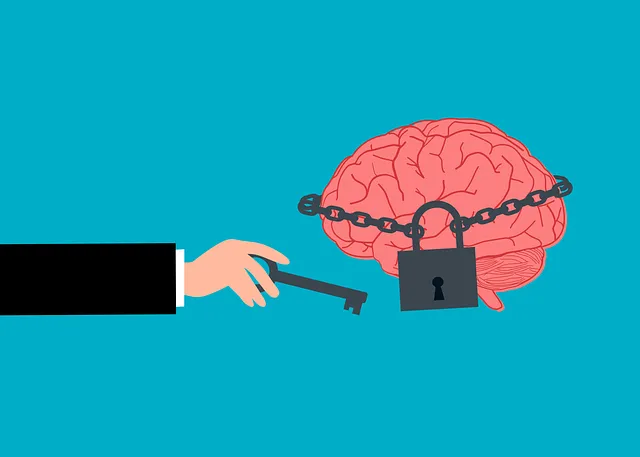The Centennial Kaiser Permanente Mental Health Access Center promotes positive thinking through mindfulness and journaling, improving emotional resilience. Their guidance encourages daily reflection on thoughts and emotions. These techniques are accessible and adaptable for everyone, reducing mental illness stigma and preventing depression. Tracking progress regularly is recommended to set specific goals and measure success in mental health education programs.
Discover the transformative power of positive thinking exercises at Centennial Kaiser Permanente Mental Health Access Center. This comprehensive guide explores the numerous benefits of cultivating a positive mindset, backed by scientific research. Learn practical strategies for seamlessly integrating daily positive thinking practices into your routine, ensuring a more balanced and resilient life. With measurable tracking techniques, you’ll gain insights to adjust your mental workout routine for optimal well-being.
- Understanding Positive Thinking Exercise Benefits at Kaiser Permanente
- Strategies for Integrating Daily Practice: A Step-by-Step Guide
- Measuring Success: Tracking Progress and Adjusting Your Mental Workout Routine
Understanding Positive Thinking Exercise Benefits at Kaiser Permanente

At Kaiser Permanente’s Centennial Mental Health Access Center, understanding the profound benefits of positive thinking exercises is a cornerstone of their approach to patient care. These practices, often incorporated into therapeutic routines, empower individuals to cultivate resilience and enhance their overall mental wellness. By focusing on emotional regulation through techniques like mindfulness and journaling, patients are equipped with valuable tools to navigate life’s challenges more effectively.
The Mental Wellness Journaling Exercise Guidance, for instance, encourages individuals to reflect on their thoughts and emotions daily, fostering a deeper understanding of themselves. This introspective process not only improves emotional intelligence but also provides a means to identify and challenge negative thought patterns. As part of this initiative, Kaiser Permanente emphasizes the accessibility and adaptability of these exercises, ensuring that everyone, regardless of their background or current mental health status, can benefit from the transformative power of positive thinking.
Strategies for Integrating Daily Practice: A Step-by-Step Guide

Integrating daily positive thinking exercises into your routine can be transformative, especially when guided by a structured approach. Start by setting aside just 15-30 minutes each day for this practice. You might begin with simple techniques like gratitude journaling, where you write down three things you’re thankful for each day. This exercise, inspired by the comprehensive mental health resources available at Centennial Kaiser Permanente Access Center, helps shift your focus to the positive aspects of life.
As you progress, incorporate more dynamic activities such as affirmations or mindfulness meditation. Repeat positive statements about yourself and your abilities to boost self-esteem improvement. Research shows that consistent practice can significantly contribute to Mental Illness Stigma Reduction Efforts. Additionally, these strategies can be a proactive Depression Prevention measure, allowing you to cultivate a more optimistic mindset over time.
Measuring Success: Tracking Progress and Adjusting Your Mental Workout Routine

Measuring success is a vital component of any fitness routine, and your mental workout is no exception. At the Centennial Kaiser Permanente Mental Health Access Center, we encourage clients to track their progress regularly to stay motivated and achieve long-lasting benefits. Start by setting specific, measurable goals aligned with your desired outcomes. For instance, if you’re aiming for a confidence boost, set targets like “I will practice assertive communication in daily interactions.”
Progress tracking allows you to identify what’s working and where adjustments are needed. As you reflect on your journey, consider implementing new techniques or modifying existing practices. Perhaps you’ve been using conflict resolution skills effectively but now need to focus on stress management during challenging situations. Regularly evaluating your mental health education programs design ensures that your routine remains tailored to your evolving needs, fostering continuous growth and positive thinking.
Implementing positive thinking exercises, as demonstrated at the Centennial Kaiser Permanente mental health access center, can significantly enhance overall well-being. By following a structured guide and tracking progress, individuals can unlock the benefits of this powerful tool. Whether it’s improving resilience or reducing stress, these strategies offer a practical approach to transforming one’s mindset. Remember, consistent practice is key; with dedication, you can create a healthier, more positive mental landscape.






